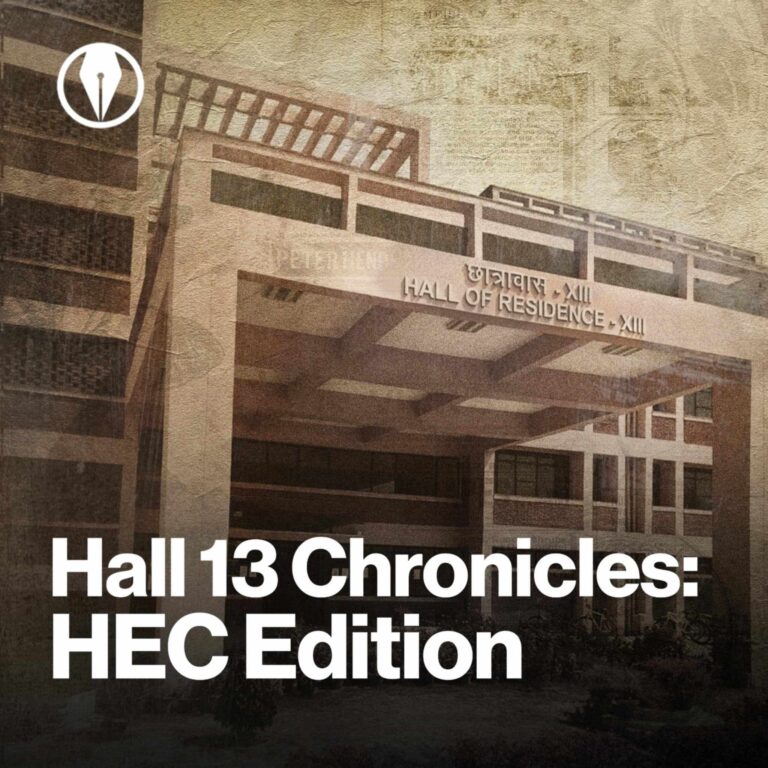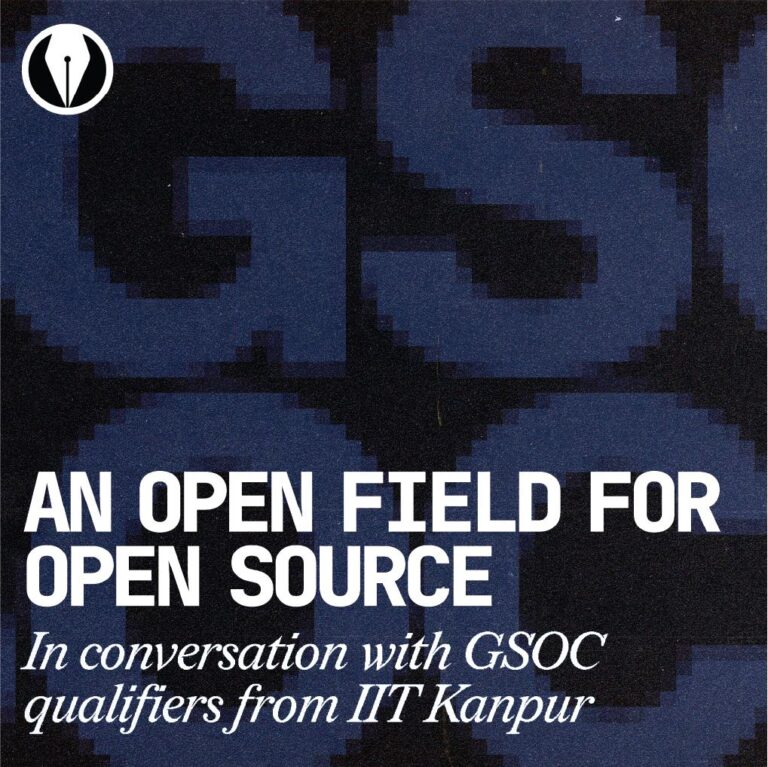Written by a concerned student, who prefers to remain anonymous. The views conveyed in the article are solely of the author. The opinion section of Vox Populi provides a platform for the campus junta to voice their opinions
I see two separate, but interlinked issues at hand. One questions the suitability of ex-CEO for holding the position that is responsible for conducting fair and free elections. Second concerns the route adopted by the institute administration for reaching a decision regarding his capability to function as CEO.
I would like to share my views and facts known to me on both the issues one by one.
Per my conversations with the Election Council, Rohan Bansal’s (the ex-CEO) nomination was the only one out of all the candidates that contested for various posts in the Gymkhana Elections, 2014 (he had contested for the post of Senator then) that was rejected by the EC on grounds of malpractice. Usually, the practice is to levy a fine. The rejection of nomination of the defaulter is quite a rare instance. I had never seen that someone’s manifesto had matched word by word to another candidate’s manifesto.
This issue was raised in the Senate, but since there was a dearth of applications that had come for the post of Chief Election Officer, his name seemed to be the only option available and hence was ratified by the Senate.
Then as mentioned in the previous article, he had to confront SSAC for involvement in the Antaragni fiasco. But as SSAC cases are discussed closed door, I don’t know the details. Now whether he was acquitted of all the charges because he was not involved altogether, or his involvement was too little to levy a penalty that could cost him his career, is a matter that the SSAC committee is a better judge for. We all have heard numerous stories about that unfortunate incident. Even our Hon’ble Prime Minister, once being released of all charges by the Supreme Court, is still questioned about the Gujarat riots. And thus, it is valid if people are questioning him as a CEO after clearance from the SSAC.
Another claim has been made regarding ‘successful conduction’ of the By-elections. Just like some years we have fabulous Antaragni and some years an average one. The mere conduction of an election should not be confused with ‘successful conduction’. If someone wants to dig deeper, he/she must conduct a little survey or field work to know the ground realities. Hence, this point nowhere qualifies to prove or disprove his capabilities as CEO. So here we are where we cannot say anything about his suitability for the post. But one out of the two things is for sure, either he is an innocent poor chap who has to go through so much over a period of one year or he brought all this upon himself through his acts.
Let’s come to the second issue. Which institution is there to challenge the decisions made by the senators? And I am not ready to accept that any general body member can challenge it. I mean, one can, as mentioned by the Chairperson in an article published on Vox Populi, but if this would be pragmatic, there would not have been any concept like that of a Judiciary. Now if the Senate were to be completely autonomous body without any institution for reviewing its decisions, then it would be more powerful than the Parliament (even the Parliamentary laws are subject to judicial review).
It is not reasonable to ask us to agree with all the decisions of the Senators even if they are our representatives. They are also humans and they can make mistakes. Hence, in such a scenario, in order to protect the interests of the Institute, I think the Institute administration has to intervene sometimes, especially if what it wants is just to separate some controversial names from such positions of high accountability and responsibility. It is important for us not to consider it just as the issue of interference in working of the Senate; the purpose of the intervention should form the background for judging the whole matter. If the Senate has failed in its responsibility to keep its matters straight without any unnecessary controversy, then who is there to force it to mend its ways if not the administration?












